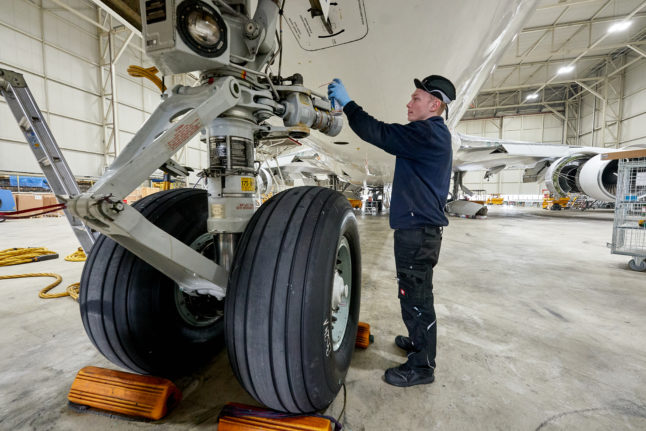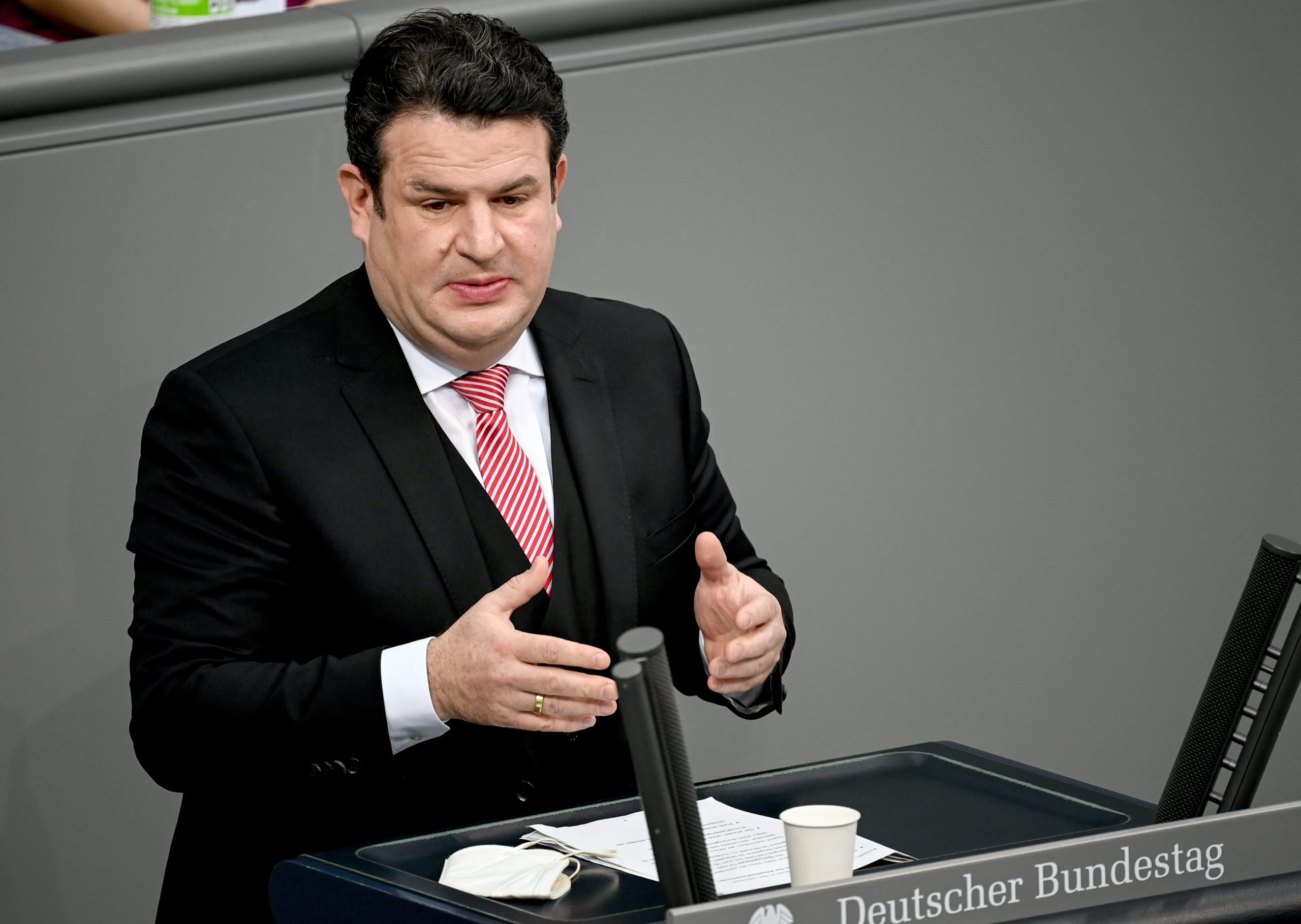As The Local has been reporting, Germany is currently facing a huge gap in its labour force, with the Labour Ministry predicting a shortfall of 240,000 skilled workers by 2026.
This week, Federal Labour Minister Hubertus Heil presented the initial details of a new points-based immigration system, which is designed to make it easier for people to come to Germany to work.
READ ALSO: EXPLAINED: The German industries ‘most affected’ by skilled worker shortage
The new Chancenkarte (“opportunity card”) presented by the SPD politician is broadly similar to the Canadian points system, and will offer foreign nationals the chance to come to Germany to look for work even without a job offer, as long as they fulfil at least three of the following criteria:
1) A university degree or professional qualification
2) Professional experience of at least three years
3) Language skill or previous residence in Germany
4) Aged under 35
Holders of this opportunity card would then have one year to look for a job and would have to finance themselves during that period.
According to the Labour Minister, the German government will set a yearly quota for the number of people who will be able to come to Germany with an opportunity card, based on the needs of the labour market.
“It is about qualified immigration, about a non-bureaucratic procedure,” Heil told WDR radio. “That is why it is important that those who have received the opportunity card can make a living when they are here.”
Speaking about the proposals, Professor Panu Poutvaara, Director of the ifo Center for International Institutional Comparisons and Migration Research told the Local: “I welcome the government proposal. Germany needs more workers at different skill levels. What is important is that this should complement the current opportunities to come to Germany also from outside the European Union with an existing job offer, not replace these. I assume that the proposal is meant only to extend the current options, but the precise proposal is not yet circulated.”
READ ALSO:
- Germany could make it easier to get citizenship amid huge worker shortage
- How foreigners can get fast-track citizenship in Germany
According to a survey by the Munich-based Ifo Institute, the vast majority of companies in Germany are currently struggling with the issue of a shortage of skilled workers. The survey showed that 87 percent are facing worker shortages and more than a third of respondents see it as a threat to competitiveness.
“The shortage of qualified employees, and meanwhile of employees in general, is the third threat to Germany as a business location, alongside shortages of raw materials and energy,” Rainer Kirchdörfer, CEO of the Family Business Foundation told die Welt.
Changes to immigration and citizenship laws ‘high priority’
The proposed measure is part of a package of reforms to immigration law which will be presented later in autumn.
The government also wants to make it easier for people to hold multiple nationalities and make naturalisation of foreigners easier. In future, naturalisation will be possible after five years instead of eight years currently, and as little as three years in cases where people are deemed to have integrated particularly well.
“We need more immigration,” Heil told Bild am Sonntag. “To this end, the traffic light will present a modern immigration law in autumn. We are introducing an opportunity card with a transparent points system so that people our country needs can come to us more easily.”
READ ALSO: INTERVIEW: ‘Changing German citizenship laws is a priority’
A spokesperson from the Interior Ministry recently told The Local that the changes are a “high priority” but they could take time.
They said: “The modernisation of citizenship law agreed in the coalition agreement of the governing parties is a high priority for the federal government. There are also plans to make dual and multiple citizenships generally possible.
“The careful preparation and implementation of this important reform project is underway, but will take some time because fundamental amendments to the Citizenship Act must be prepared for this purpose.”




 Please whitelist us to continue reading.
Please whitelist us to continue reading.
Before moving more immigrants to Germany, fix the racism in property rental. Non-Europeans suffer extreme difficulty renting a place even with stable income. I applied for over 350 properties so far with only 5 viewings and no offer, and I was considered “lucky” I was accepted for view. Meanwhile, an Austrian could find and sign a contract within ONE week.
This is disgraceful and I would discourage anyone wants to move to Germany.